Optimal Timing for Outdoor Drainage Installation
Determining the optimal time for outdoor drainage installations depends on weather conditions, soil moisture levels, and project scope. Typically, dry seasons with minimal rainfall are ideal, as they allow for proper soil preparation and installation without delays caused by wet conditions.
Late spring and early fall often provide suitable weather for outdoor drainage projects, with moderate temperatures and less precipitation.
Heavy rain can hinder installation processes and affect soil stability, making dry periods preferable for efficient work.
Dry soil allows for easier excavation and installation, reducing the risk of delays or complications.
Scheduling installations before winter or during dry months ensures proper drainage before seasonal heavy rains.
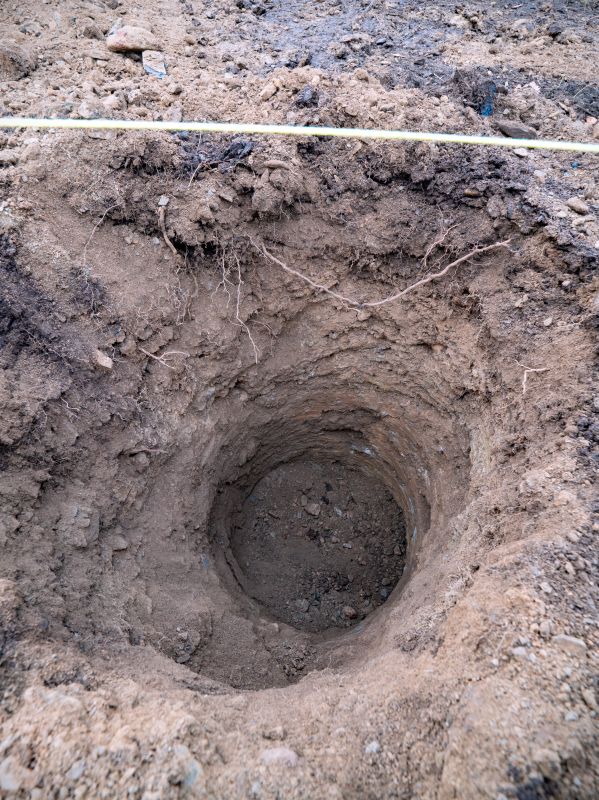
Workers excavate soil with minimal moisture, reducing equipment issues.
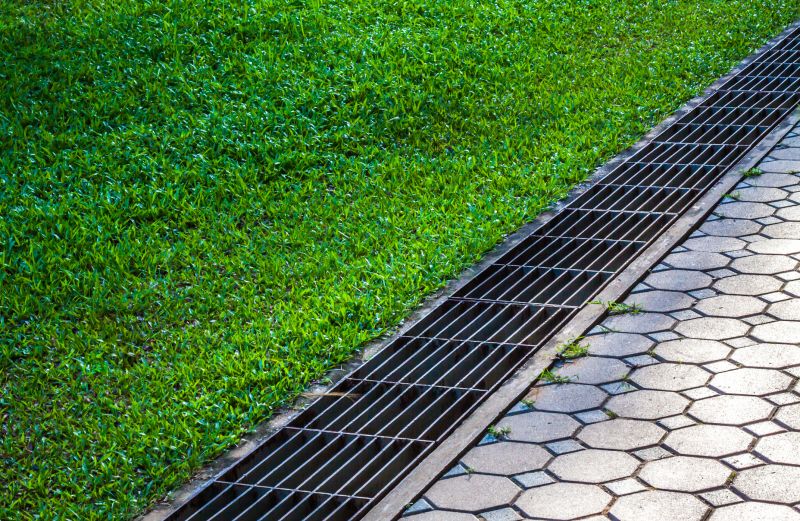
Proper installation during favorable weather ensures longevity and effectiveness.
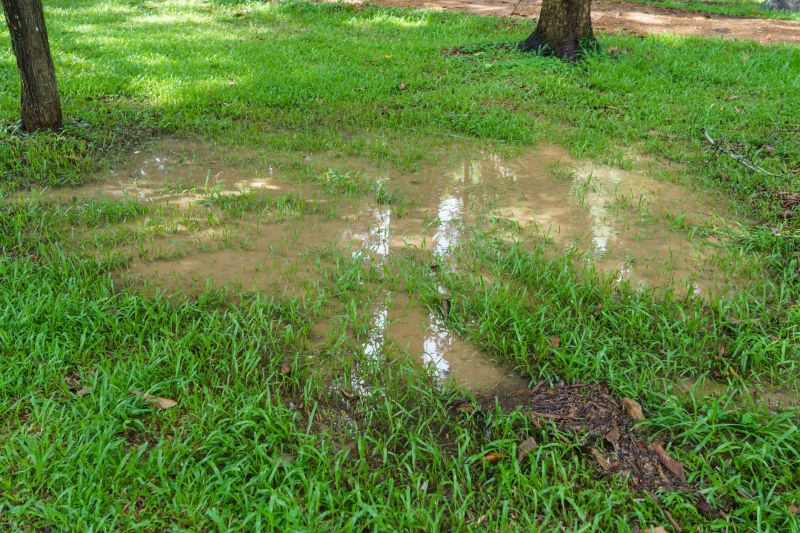
Inspection is easier when soil and weather conditions are stable.
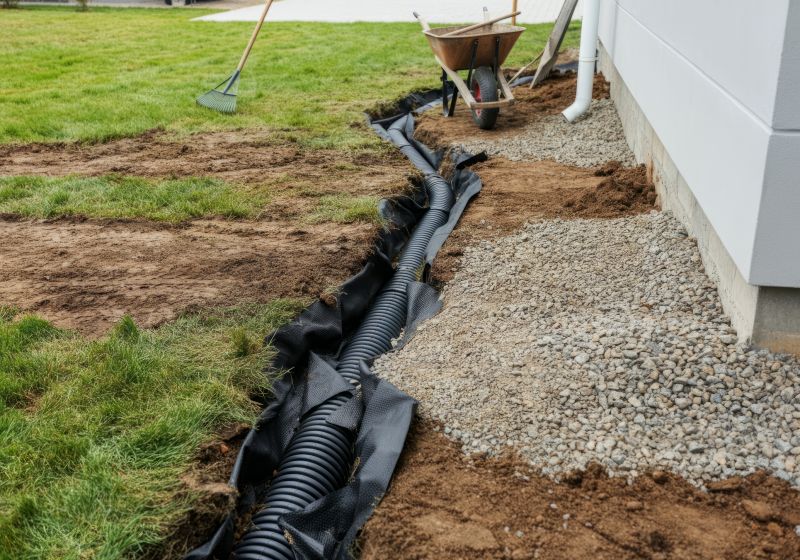
Ways to make Outdoor Drainage Installations work in tight or awkward layouts.
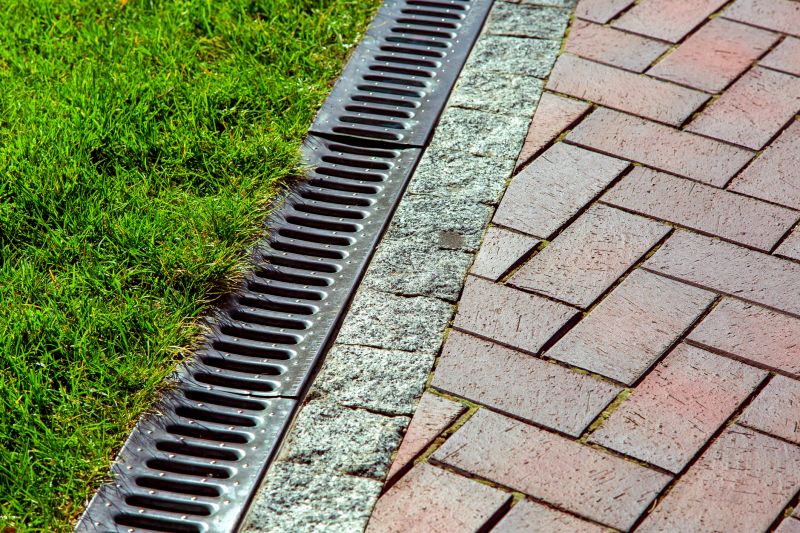
Popular materials for Outdoor Drainage Installations and why they hold up over time.
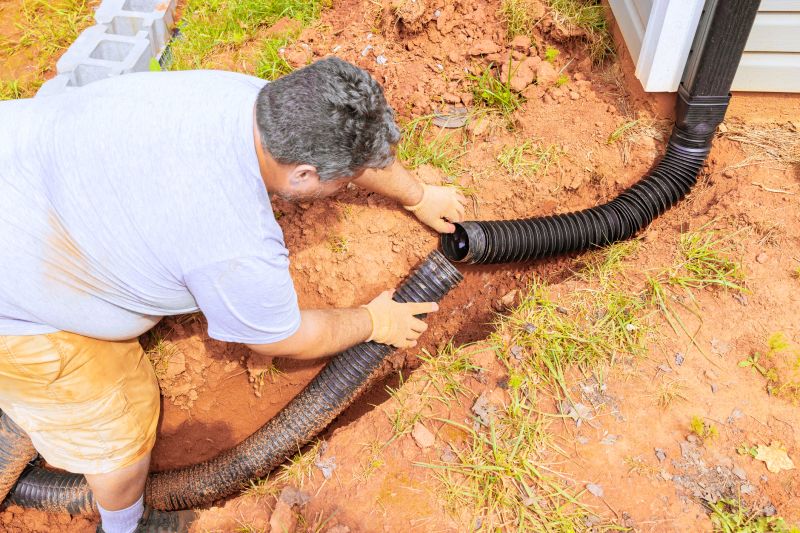
Simple add-ons that improve Outdoor Drainage Installations without blowing the budget.
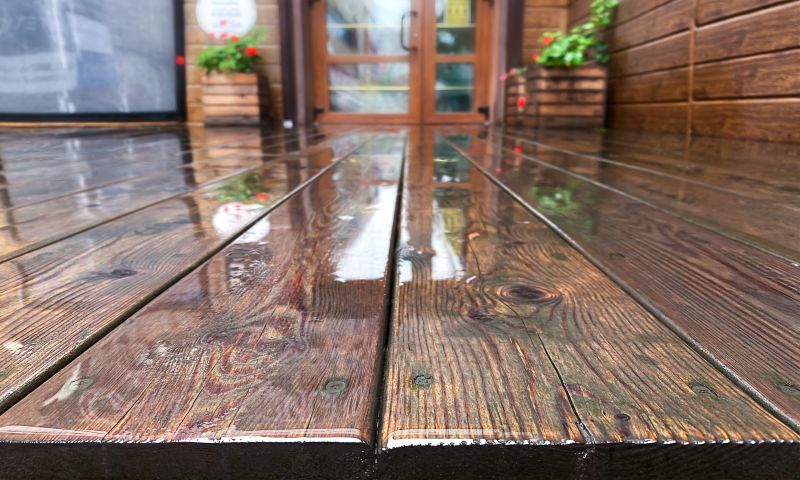
High-end options that actually feel worth it for Outdoor Drainage Installations.
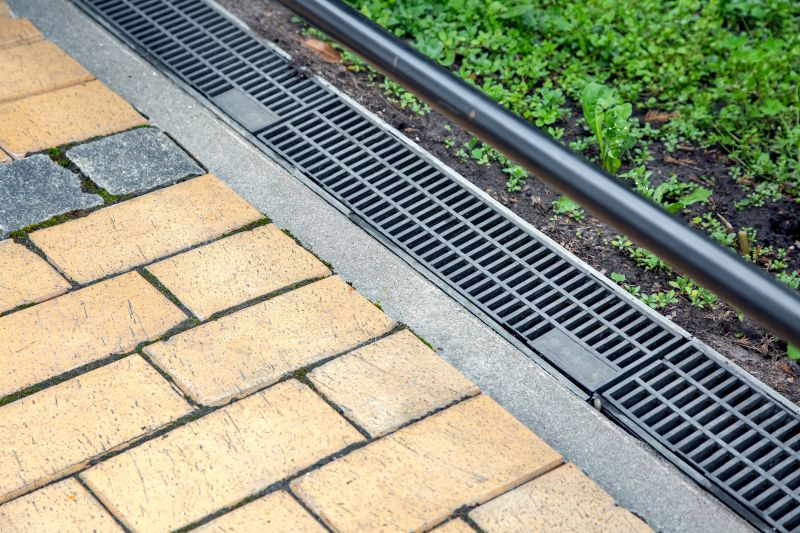
Finishes and colors that play nicely with Outdoor Drainage Installations.
| Season | Optimal for |
|---|---|
| Spring | Preparation for summer rains |
| Summer | Limited installation due to heat and rain |
| Fall | Ideal for completing projects before winter |
| Winter | Generally not recommended due to cold and wet conditions |
Outdoor drainage installations play a crucial role in managing water flow and preventing flooding around properties. Properly installed drainage systems help direct excess water away from foundations, patios, and landscaping, reducing erosion and water damage. According to industry data, effective drainage can decrease water-related property issues by over 50%, emphasizing the importance of timely installation during suitable weather periods.
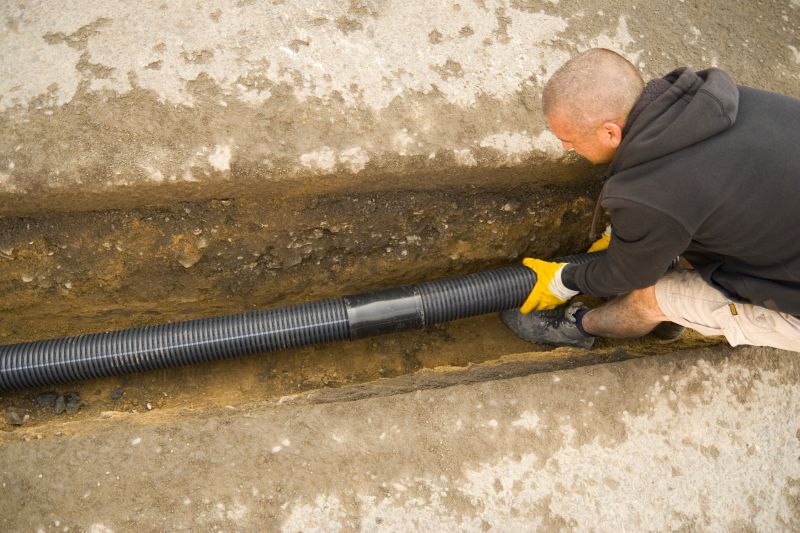
Strategic positioning ensures efficient water flow.
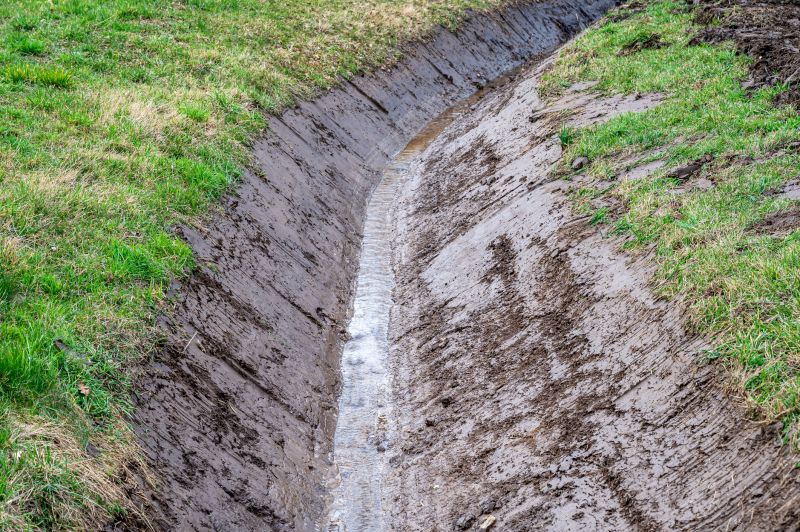
Proper slope directs water away from structures.
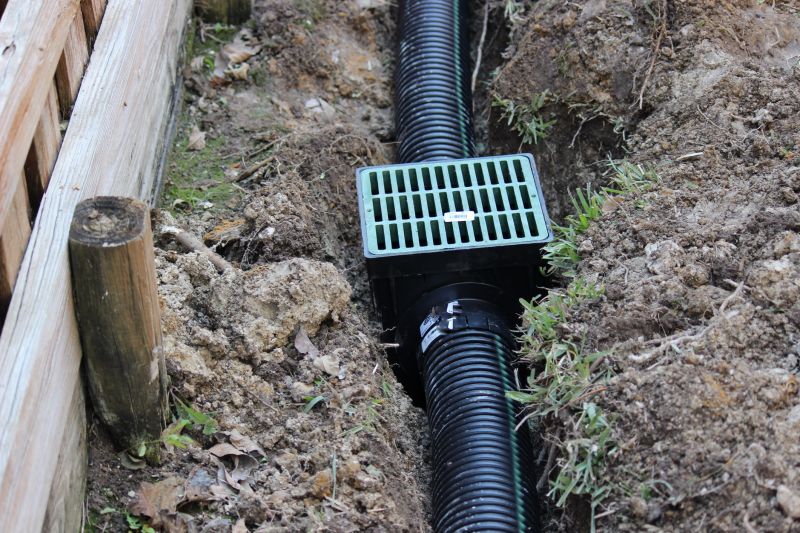
Prevents debris from clogging drainage systems.
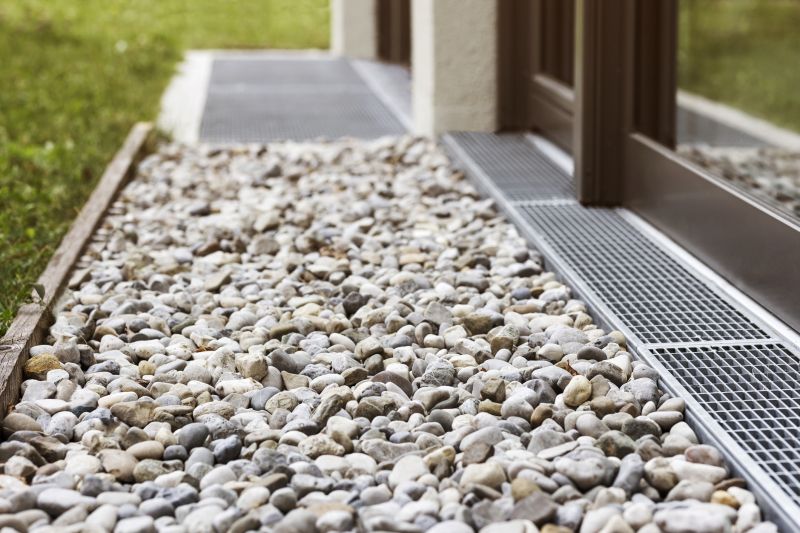
Ensures functionality before backfilling.
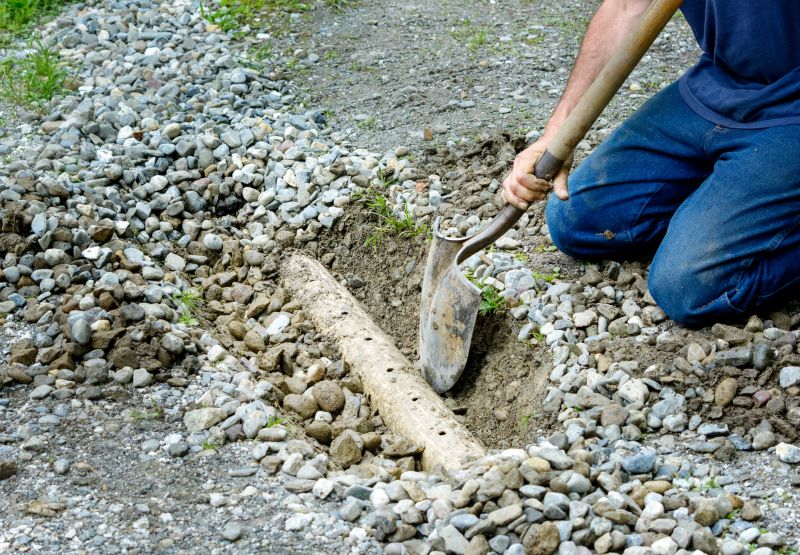
Little measurements that prevent headaches on Outdoor Drainage Installations day.
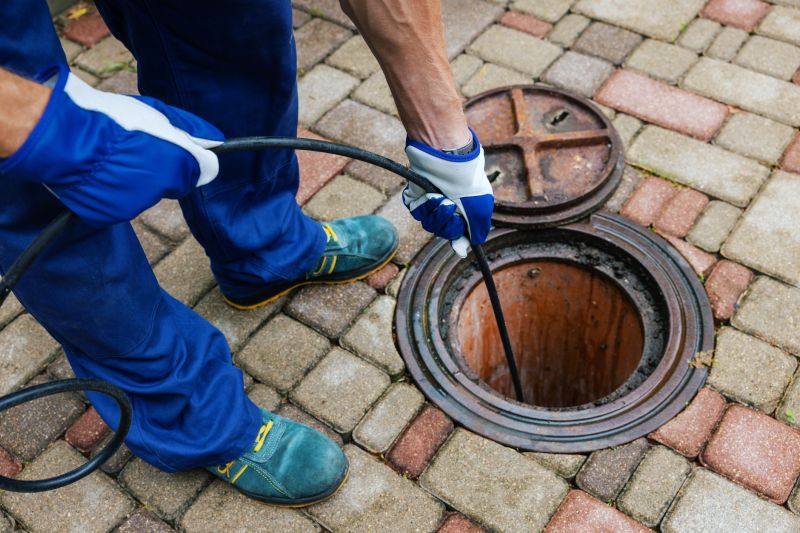
A 60-second routine that keeps Outdoor Drainage Installations looking new.
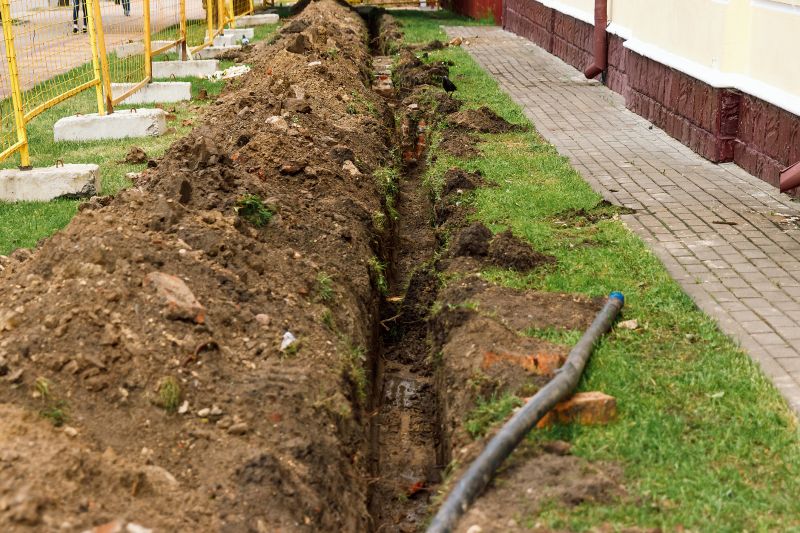
A frequent mistake in Outdoor Drainage Installations and how to dodge it.
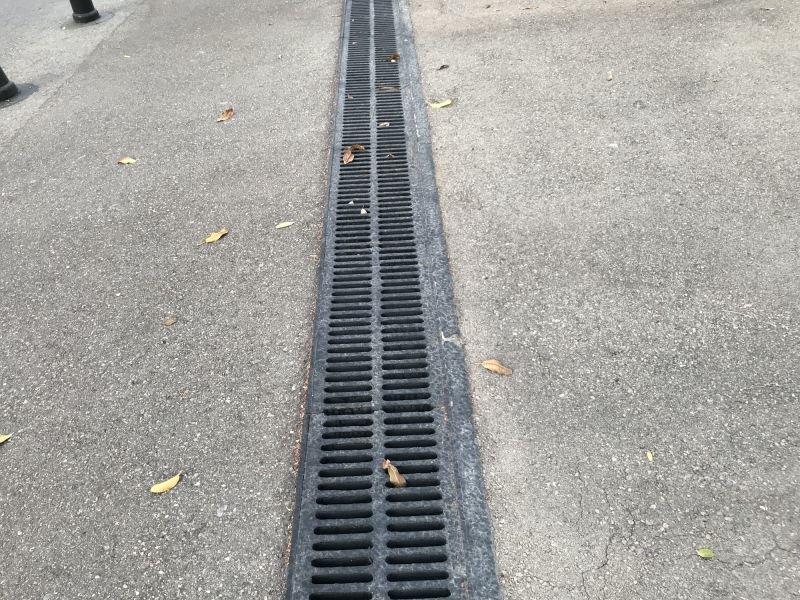
Small tweaks to make Outdoor Drainage Installations safer and easier to use.
Interested in outdoor drainage installations? Filling out the contact form can provide additional information and assistance for scheduling and planning projects.
